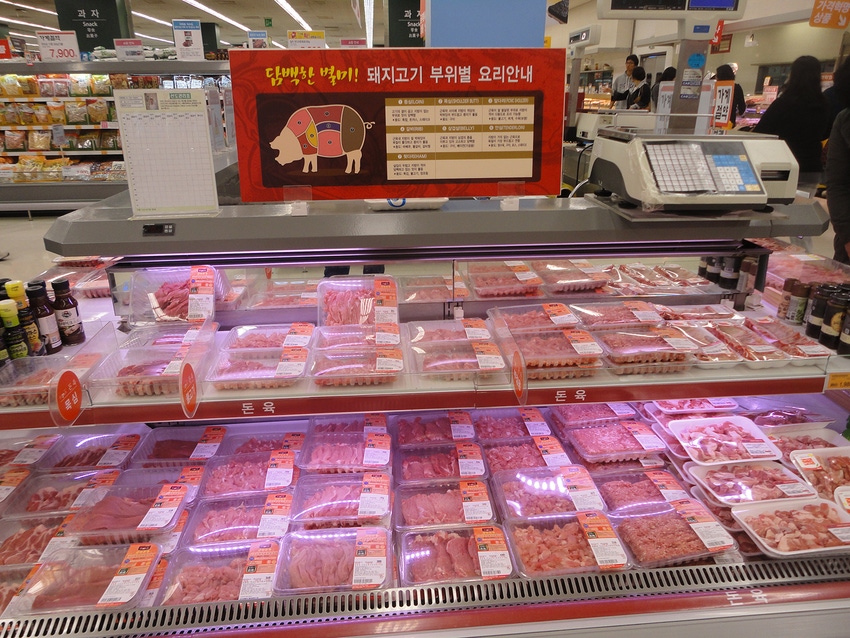USMEF: Revised KORUS reassuring news for U.S. beef, pork
Korea is now the fourth-largest market for U.S. pork (after Japan, Mexico and China/Hong Kong).
September 25, 2018

Source: U.S. Meat Export Federation, USDA
The revised signing of the Korea-U.S. Free Trade Agreement Monday by President Trump and South Korean President Moon Jae-in was hailed as a positive step forward in livestock trade.
“Signing of the revised KORUS agreement is reassuring news for the U.S. beef and pork industries,” says U.S. Meat Export Federation President and CEO Dan Halstrom. “The market access terms secured in the original KORUS not only helped increase U.S. red meat’s market share in South Korea, but also bolstered consumption by making our beef and pork products more affordable and accessible to Korean consumers.”
According to USMEF, the United States only trails behind the European Union as the second-largest pork supplier to South Korea. Last year U.S. red meat exports to the country reached a record $1.7 billion, up 19% year-over-year and up 69% from 2012, when KORUS entered into force. This trend continues in 2018, with both U.S. beef and pork export value increasing more than 50% compared to a year ago.
Korea is now the fourth-largest market for U.S. pork (after Japan, Mexico and China/Hong Kong). Also under the terms of KORUS, most U.S. pork products now enter Korea duty-free.
“All major red meat competitors also now have free trade agreements with Korea, but the U.S. has benefited from KORUS being implemented earlier than most of these FTAs, providing the U.S. with a head start on tariff elimination,” Halstrom says. “USMEF thanks our U.S. trade officials for recognizing the importance of the favorable terms included in KORUS, and maintaining them in the revised agreement.”
U.S. Secretary of Agriculture Sonny Perdue echoed USMEF’s statement.
“We are entering into a new KORUS agreement that is a better deal for the entire United States economy, including the agricultural sector. This represents an important improvement in trade relations between our two nations, building on long-standing cooperation we have enjoyed,” Perdue says. “This agreement adds to the momentum building for President Trump’s approach to trade, which is to stand strong for America’s interests and strike better deals. I am optimistic that the dominoes will continue to fall: KORUS, then a new NAFTA, and new agreements with the European Union, Japan and, most notably, China. As an avid sportsman, I would say ‘put this one in the bag and keep hunting for more.’”
You May Also Like



